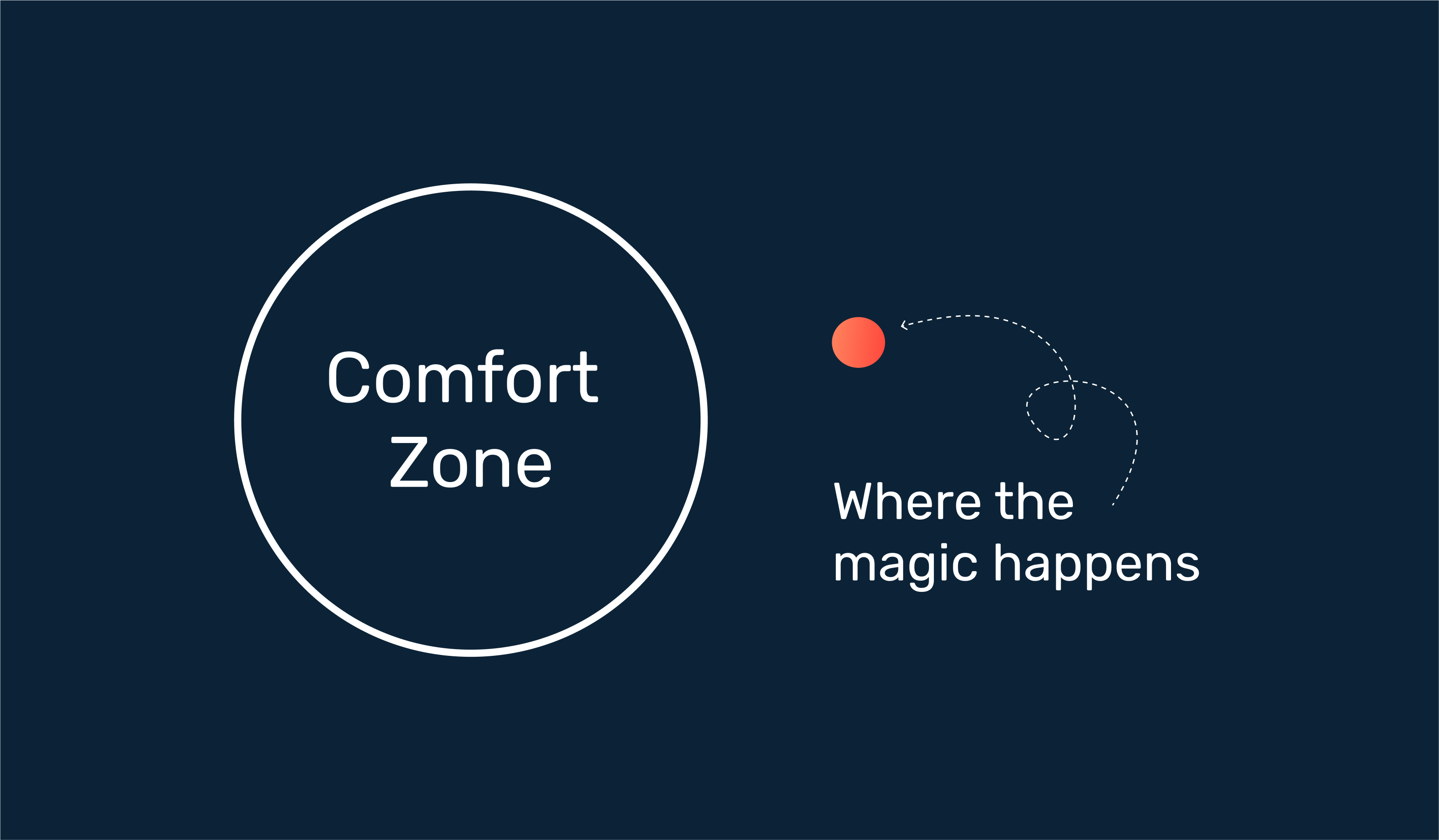Confront Your Fears and Transform Your Life
Life is a series of challenges, and how we respond to them defines our journey. One of the most powerful tools for personal growth is existential courage—the ability to face fears and challenges head-on rather than avoiding them. This concept, deeply rooted in existential philosophy, emphasizes the importance of confronting our deepest anxieties to unlock our full potential. In this article, we’ll explore how practicing existential courage can transform your life, enabling you to embrace challenges with a positive attitude and live more freely.
Understanding Existential Courage
The Concept of Existential Courage

Existential courage involves facing your fears and challenges directly rather than sidestepping them. It’s about confronting the uncertainties of life with a sense of bravery and openness. This kind of courage is essential for personal growth and transformation, as it allows you to deal with the inherent risks and uncertainties of life with a proactive mindset.
The Dangers of Avoidance
Avoiding fears and challenges might seem like a safe choice, but it can often lead to bigger problems in the long run. When you shield yourself too much, you may find that your fears grow larger and more intimidating over time. The more you avoid confronting these fears, the more they control your life and restrict your freedom.
The Benefits of Practicing Existential Courage
Pushing Beyond Your Comfort Zone

One of the core aspects of existential courage is pushing yourself out of your comfort zone. This daily practice helps you stay flexible and adaptable, making it easier to handle new and unexpected challenges. When you regularly expose yourself to situations that make you uncomfortable, you build resilience and confidence.
For instance, taking small steps to confront your fears—whether it’s speaking in public, starting a new project, or engaging in difficult conversations—can significantly impact your personal and professional life. Each time you face a challenge, you expand your comfort zone and become more adept at handling future obstacles.
Strengthening Your Courage Through Experience
Facing difficulties and learning from them is a crucial part of developing existential courage. Every challenge you encounter provides an opportunity to practice working wisdom. By reflecting on these experiences and understanding how they contribute to your growth, you enhance your ability to confront fears with increased bravery and insight.
Embracing Life with a Positive Attitude
Cultivating Openness to Possibilities
A positive attitude is fundamental to embracing existential courage. Cultivating a mindset that is open to possibilities allows you to approach life with curiosity and enthusiasm rather than fear and hesitation. When you maintain a positive outlook, you’re more likely to see opportunities rather than obstacles, which can significantly improve your ability to tackle challenges.
Facing Challenges with Flexibility
Being flexible in dealing with challenges is another key aspect of existential courage. Life is unpredictable, and the ability to adapt to changing circumstances is invaluable. When you approach problems with flexibility, you’re better equipped to find creative solutions and navigate through difficult situations with greater ease.
Flexibility also means being willing to adjust your strategies and perspectives as needed. Instead of rigidly sticking to a single plan, be open to exploring different approaches and learning from each experience. This adaptability not only helps you overcome challenges more effectively but also enhances your overall resilience.
Overcoming the Limitations of Fear
Breaking Free from Restrictive Fears
Fears can be powerful forces that restrict your actions and limit your potential. To fully embrace existential courage, it’s essential to confront and overcome these fears. This process involves recognizing the ways in which fear holds you back and taking deliberate steps to break free from its constraints.
One effective method for overcoming fear is to identify its root causes and challenge them directly. For example, if you fear public speaking, start by practicing in smaller, less intimidating settings before gradually working your way up to larger audiences. By addressing your fears incrementally, you can diminish their power and gain confidence in your ability to handle them.
Opening Up to Freedom
Embracing existential courage also means opening up to the freedom that comes with facing your fears. When you stop letting fears dictate your actions, you create space for personal growth and new experiences. This newfound freedom allows you to pursue your goals with greater confidence and enthusiasm, leading to a more fulfilling and authentic life.
Enjoying life’s sense of freedom involves being willing to take risks and explore new opportunities. It’s about embracing the unknown with a sense of adventure and curiosity rather than letting fear hold you back. By adopting this mindset, you’ll find that you can navigate life’s challenges with greater ease and find joy in the process of growth and discovery.
Practical Steps to Develop Existential Courage
Set Small, Achievable Goals
To build existential courage, start by setting small, achievable goals that challenge your comfort zone. These goals should be manageable yet slightly uncomfortable, providing an opportunity for growth without overwhelming you. As you accomplish these smaller goals, gradually increase the difficulty level to continue expanding your comfort zone.
Practice Self-Reflection
Regular self-reflection is crucial for understanding your fears and how they impact your life. Take time to journal or meditate on your experiences, focusing on what you’ve learned from each challenge. This practice helps you gain insight into your fears and develop strategies for overcoming them.
Seek Support and Guidance
Don’t hesitate to seek support from mentors, friends, or professional counselors when facing significant fears and challenges. Supportive individuals can offer valuable perspectives, encouragement, and advice that can help you navigate difficult situations more effectively.
Embrace a Growth Mindset
Adopting a growth mindset involves viewing challenges as opportunities for learning and development rather than as insurmountable obstacles. By focusing on the potential for growth in every situation, you’ll be more motivated to face your fears and pursue your goals with resilience and determination.
Conclusion
Practicing existential courage is about embracing the challenges of life with a positive attitude and a willingness to confront your fears directly. By pushing yourself out of your comfort zone, cultivating openness to possibilities, and overcoming the limitations of fear, you can unlock your full potential and live a more fulfilling and authentic life.
Embrace existential courage by taking small, actionable steps towards your goals, practicing self-reflection, and seeking support when needed. With dedication and perseverance, you’ll find that facing your fears leads to greater freedom, personal growth, and a deeper sense of fulfillment. Start today by facing one fear or challenge, and watch as your courage transforms your life in remarkable ways.
